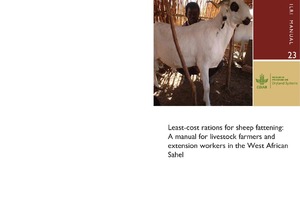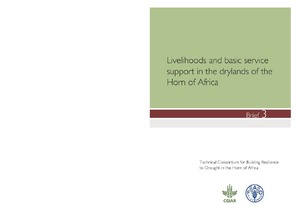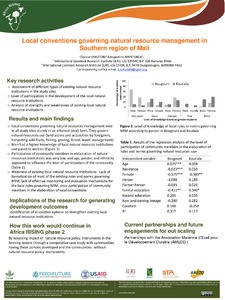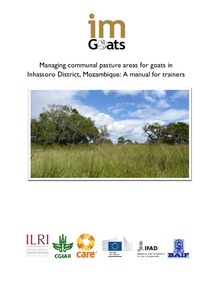Land degradation: A challenge to Ethiopia
Land degradation is a great threat for the future and it requires great effort and resources to ameliorate. The major causes of land degradation in Ethiopia are the rapid population increase, severe soil loss, deforestation, low vegetative cover and unbalanced crop and livestock production. Inappropriate land-use systems and land-tenure policies enhance desertification and loss of agrobiodiversity. Utilization of dung and crop residues for fuel and other uses disturbs the sustainability of land resources. The supply of inputs such as fertilizer, farm machinery and credits are very low.





